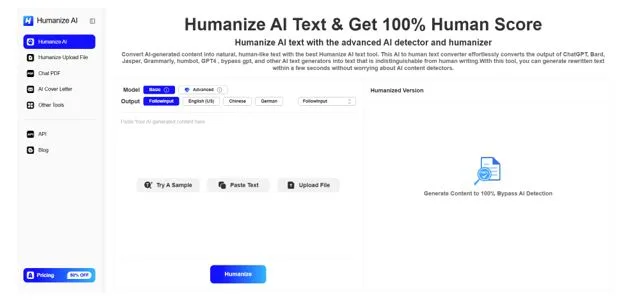Unlocking the Future of Customer Interactions: Cognitive AI in Action
In the rapidly evolving world of business technology, companies are seeking innovative solutions to enhance efficiency, personalization, and customer satisfaction. One of the most transformative developments in recent years is cognitive AI, a branch of artificial intelligence designed to mimic human thought processes. Unlike traditional AI, which follows rigid, rule-based programming, cognitive AI can learn, reason, and adapt, making it particularly suited for complex tasks in dynamic environments.
What Makes Cognitive AI Different?
Cognitive AI stands out because it combines multiple technologies to simulate human-like understanding:
- Natural Language Processing (NLP): Enables machines to comprehend and respond to human language accurately.
- Machine Learning (ML): Allows systems to improve over time based on interaction data.
- Computer Vision: Helps AI analyze visual content when needed.
- Knowledge Representation: Equips AI with the ability to store and reason over structured information.
This integration allows cognitive AI systems to not only process large volumes of information but also understand context, nuance, and intent—critical features for real-world applications.
Revolutionizing Customer Support
One of the most impactful applications of cognitive AI is in the realm of customer service. Customer service AI agents are being deployed across industries to provide instant support, reduce operational costs, and improve overall user experience. These agents are capable of handling routine inquiries, troubleshooting problems, and even escalating issues to human representatives when necessary.
Key Benefits of Customer Service AI Agents
- 24/7 Availability: Customers no longer have to wait for office hours to get assistance.
- Faster Response Times: AI agents can handle thousands of simultaneous interactions without delay.
- Consistency and Accuracy: Cognitive AI ensures that every response aligns with company policies and knowledge bases.
- Personalization: By analyzing previous interactions, AI agents can tailor responses to individual customer preferences.
- Cost Efficiency: Businesses can reduce staffing costs while maintaining high-quality support.
According to a report by Gartner, organizations that implement AI-driven customer service solutions can see up to a 25% reduction in call center costs within the first year. Additionally, 70% of customers prefer initial interactions with AI for quick resolutions.
Real-World Use Cases
Several global brands have successfully implemented cognitive AI to enhance their customer experience:
- Retail: AI agents assist customers in product selection, track shipments, and manage returns.
- Banking: Virtual assistants handle account inquiries, fraud alerts, and financial advice.
- Healthcare: AI systems provide patients with appointment scheduling, symptom checking, and insurance information.
These examples demonstrate that cognitive AI is not limited to one sector—it can be tailored to meet the unique needs of any business.
Challenges and Considerations
While cognitive AI offers tremendous potential, businesses must be mindful of certain challenges:
- Data Privacy: Handling sensitive customer information requires strict compliance with privacy regulations.
- Integration Complexity: Merging AI with existing systems can be technically demanding.
- User Acceptance: Some customers may initially resist interacting with AI, emphasizing the need for intuitive design.
Addressing these challenges is essential to maximize the effectiveness and adoption of cognitive AI solutions.
The Road Ahead
The evolution of cognitive AI suggests a future where customer service is not only faster and more efficient but also more intelligent and empathetic. As AI agents continue to learn from interactions, they will increasingly anticipate customer needs, provide proactive solutions, and elevate the standard of service across industries.
Businesses that embrace these technologies today will gain a competitive advantage tomorrow, building stronger relationships with customers and streamlining operations. The era of cognitive AI is here, and its impact on customer interactions is only beginning to unfold.




